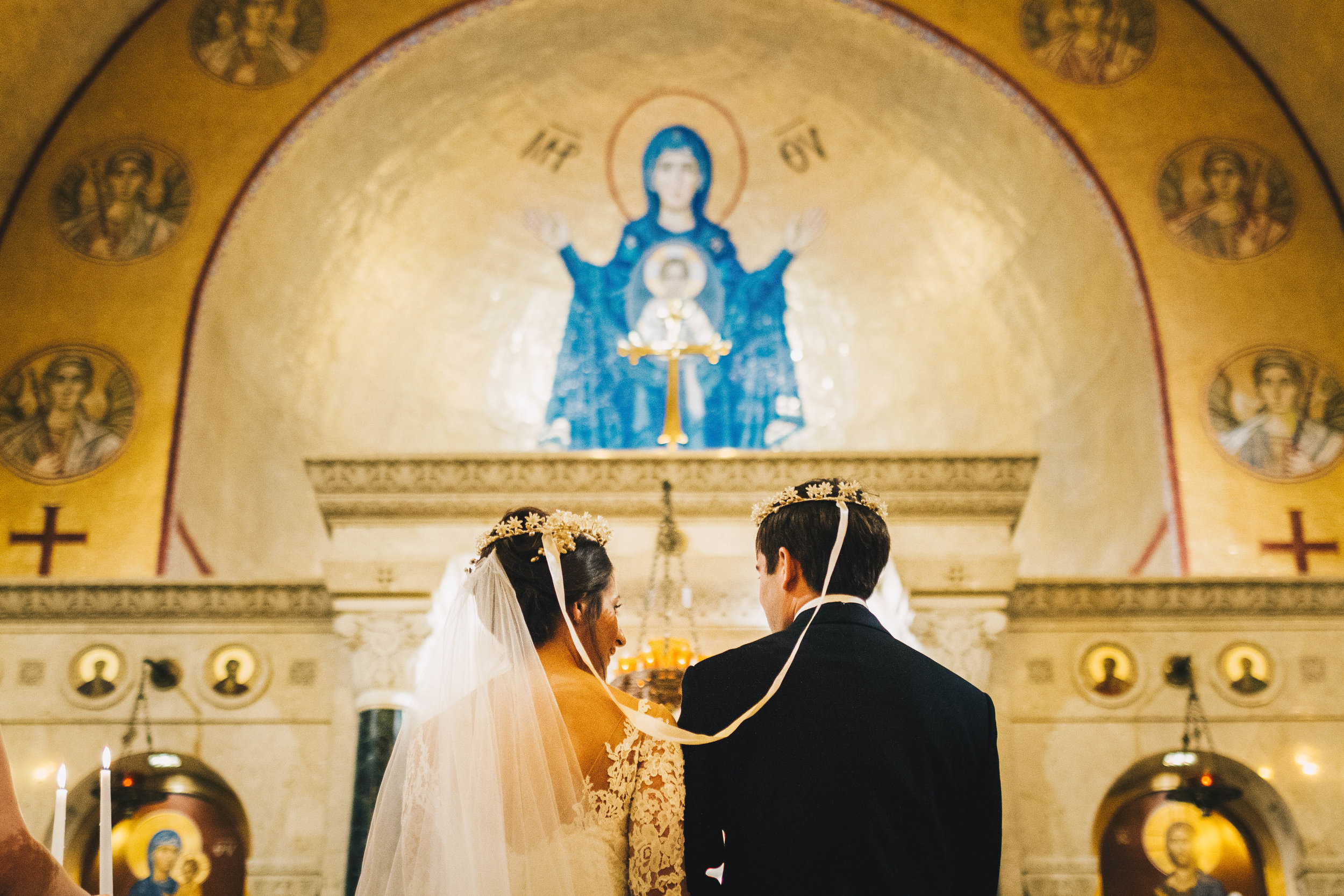“My whole strength lies in prayer and sacrifice, these are my invincible arms; they can move hearts far better than words, I know it by experience.”
Saint Thérèse’s religious life revolved around constant prayer and sacrifice, especially little daily sacrifices like cleaning dishes or helping other sisters in need (especially those she found to be the most difficult). How strong marriages would be if each spouse filled every day with tiny sacrifices and deaths to self, each offered as a little prayer of love to Jesus!
“Miss no single opportunity of making some small sacrifice,” she admonishes. “Here by a smiling look, there by a kindly word; always doing the smallest right thing and doing it all for love.”
When you begin a burdensome chore, do it joyfully; offer up the urge to complain as a small sacrifice for your beloved and for Christ. Your joyful “yes” to making the bed each morning becomes a small fulfillment of the call to your vocation of married life. Each little labor becomes a prayer. After all, “when one loves,” Saint Thérèse says, “one does not calculate.”
“I know now that true charity consists in bearing all our neighbors' defects—not being surprised at their weakness, but edified at their smallest virtues.”
Is there anything about your spouse that drives you nuts? When you attend confession, do you feel like you could do their examination of conscience for them?
“How could he leave his clothes on the floor by the bed again? Haven’t I asked him ten times not to do that?” St. Thérèse’s little way notices faults of others through a different lens. The bad habits in your spouse, and in yourself, do not change easily or quickly; that’s the nature of a habit.
When your spouse does something that annoys you, again, refrain from acting shocked. Expect a healthy amount of imperfection or inconsistency from your spouse, and reflect, instead, on even his smallest virtues.
This minor shift in perspective curbs disappointment and hurt of failed expectations. Choose joy. Choose to notice the strengths of your spouse that made you fall in love with them in the first place. There may be profound suffering in marriage, but, as Thérèse says, “It's true, I suffer a great deal—but do I suffer well? That is the question.”
“I understood that every flower created by Him is beautiful, that the brilliance of the rose and the whiteness of the lily do not lessen the perfume of the violet or the sweet simplicity of the daisy. I understood that if all the lowly flowers wished to be roses, nature would no longer be enamelled with lovely hues. And so it is in the world of souls, Our Lord's living garden.”
Do you ever look at another wife and wish you could be as good as her? Her beauty, her talents, her home, and even her marriage seem better than yours.
Envy destroys souls and marriages. But confident humility and gratitude for the gifts and beauty in your life destroy envy. Saint Thérèse wisely notes the perfect beauty of every person’s unique soul and vocation in God’s “living garden.”
“If a little flower could speak,” she explains, “it seems to me that it would tell us quite simply all that God has done for it, without hiding any of its gifts. It would not, under the pretext of humility, say that it was not pretty, or that it had not a sweet scent...if it knew that such were not the case.”
Make a list of all the little things that bring you gratitude about your spouse and the life you share together. Present these things with love to the Lord and praise him for crafting you as the beautiful flower you are. “Holiness (and happiness) consists simply in doing God's will, and being just what God wants us to be,” Thérèse says.
Another woman may have been created as a rose, but your life as the simple daisy adds necessary color and beauty to God’s garden.
“God would never inspire me with desires which cannot be realized; so in spite of my littleness, I can hope to be a saint.”
In one of the most courageous sentences she ever wrote, St. Thérèse confidently hopes in her own sanctity, despite being acutely aware of her weaknesses and faults. She knows that her vocation is love, so “without love, deeds, even the most brilliant, count as nothing.” It is not always the grandeur of holy actions that make a saint, but the grandeur of love in every little action.
On your wedding day, you vowed to love your spouse “until death do us part.” Only then is your vocation complete, when you and your beloved enter eternal life as saints who helped each other through a lifetime of growing in sanctity.
In your own littleness, do not despair. Ask God for the theological virtue of hope to thrive in your marriage. Trust that your desire for sanctity in your vocation is never in vain.
In spite of your faults, in spite of the flaws of your spouse, in spite of the imperfections of your marriage, you can always, confidently, hope to become a saint. Walk the little way of simplicity, sacrifice, and love. Grow through the graces of marriage and the deep, abiding love of God—just like a little French nun who became a Doctor of the Church.
St. Thérèse of Lisieux, pray for us!





































